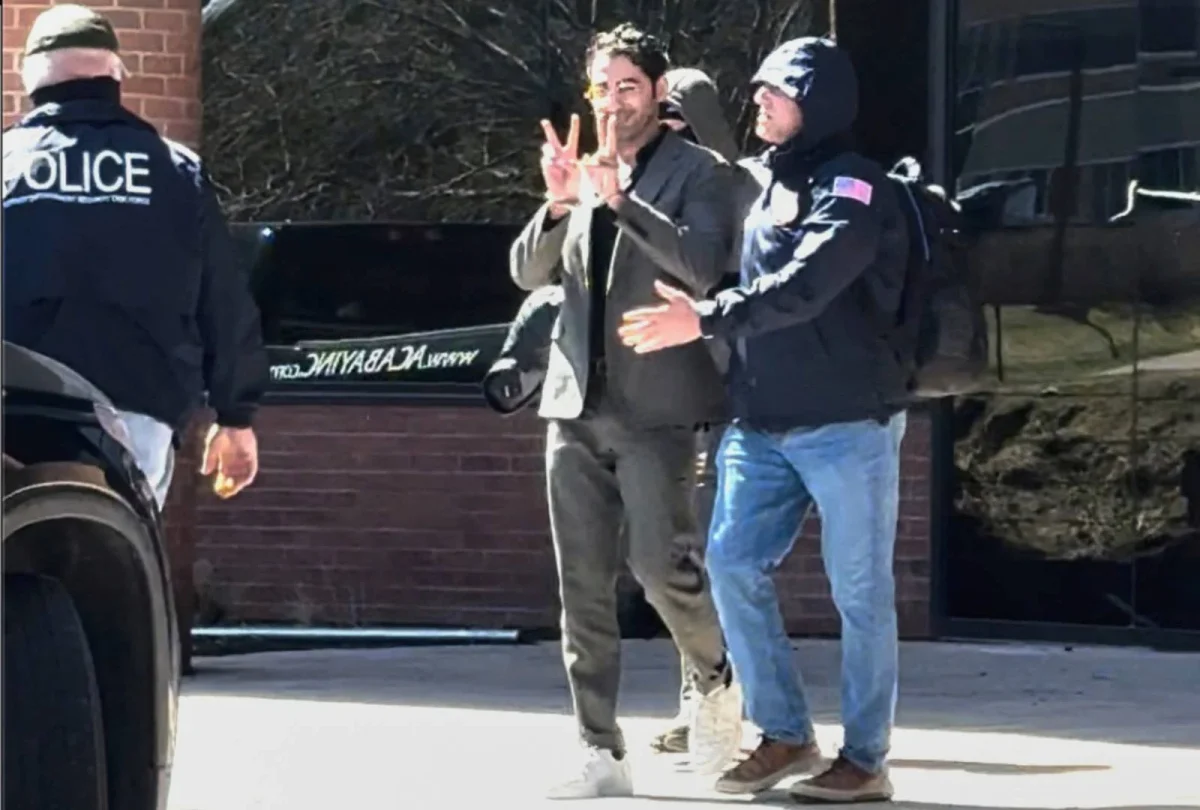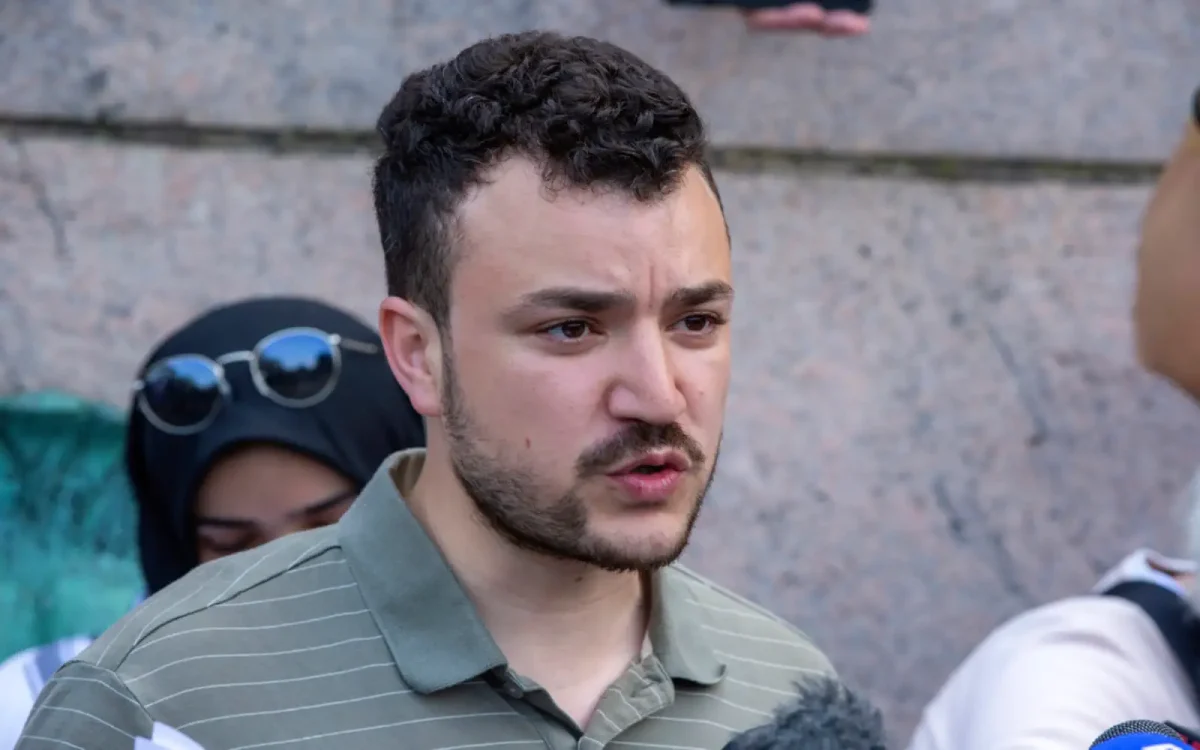Aaron Thomas | Staff Writer
Ebony Magazine has had ENOUGH with the rise in urban violence in Chicago.
The city of Chicago, founded by John Baptiste Point du Sable, a Black man, should be noted for its ability to produce influential people of color throughout our country. However, with roughly 60 murders committed since January, the city is continuing its association with crime.
Violence in Chicago has been the subject of national news for over a year. When the news broke that the total number of murders committed in the city had reached 506 in December 2012, the nation was stunned. Since a record 970 killings in 1974, the murder rate had been slowly declining. 2012’s rate was the highest since 2008. Three recent homicides raised eyebrows this year alone: the death of six-month of Jonlyah Watkins, of 18-year old honor student Frances Colon, and of Hadiya Pendleton, a student killed days after performing in the 44th Presidential Inauguration.
Strides have been made to bring awareness to hostility in the city, including youth anti-violence programs in churches and talks of stricter gun laws. Last Wednesday, Ebony made its own statement with the launch of the ENOUGH Campaign series.
The highly circulated magazine, known for highlighting achievements within the black community, calls Chicago home and continues to offer a great influence with each monthly issue. Although each publication grants a sense of community and inspiration, Ebony is using its campaign to take a stand against issues plaguing its birthplace.
ENOUGH will examine the factors contributing to the crisis in Chicago—educational disparities, unemployment, gang culture, mental health issues and others. The series will interview those who have lost loved ones, while also exploring other violent crimes taking place in Chicago that don’t gain the same level of attention as the city’s murder rate. It will share the stories of those who, like Jamilah Lemieux, News and Lifestyle Editor for Ebony, wish to change the reputation for Chicago. “Chicago is not ‘Chi-raq’,” says Lemieux. “We can’t own or embrace that. Our city is an epicenter of Black culture and Black life.” ENOUGH will also highlight activists who are working on solutions.
This conversation on violence in Chicago has progressed throughout the year. Gun control advocates highlight the city as evidence that stricter laws are needed to keep guns off the street. Oppositely, gun rights activists argue that the state of Illinois has very firm possession laws and that most of the firearms used in these crimes have been obtained illegally. Some blame the crimes in Chicago on fatherlessness, poor education or poverty that plagues the area.
In reality, this is not a clear-cut problem. There are many causes for these tragedies and many challenges facing the city that campaigns like Ebony’s hope to address. It is now time to say ENOUGH and recognize that without making strides to improve all of the factors in this situation, solutions to the rise in urban violence in Chicago will remain evasive.
To read the ENOUGH series click here.




